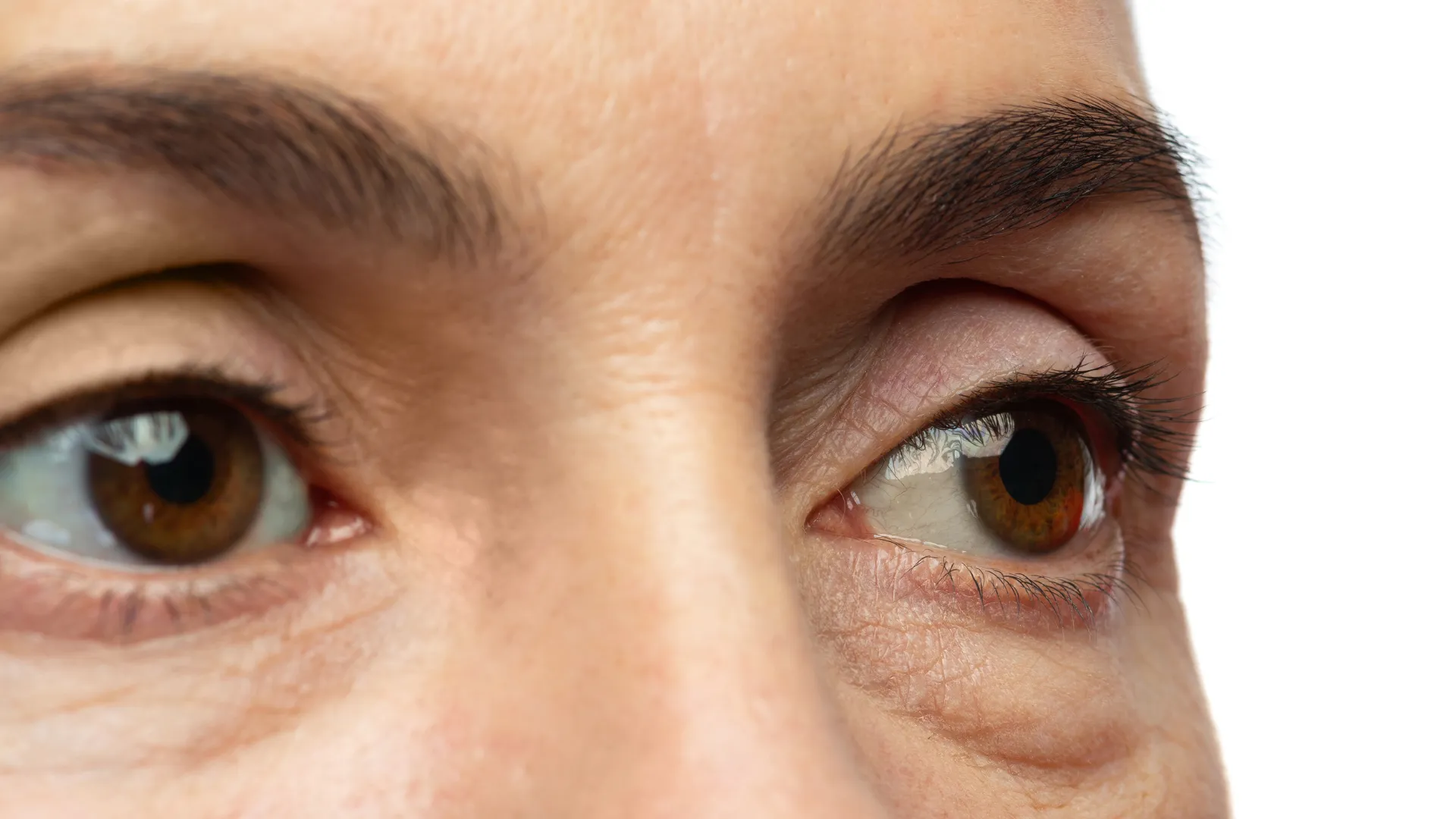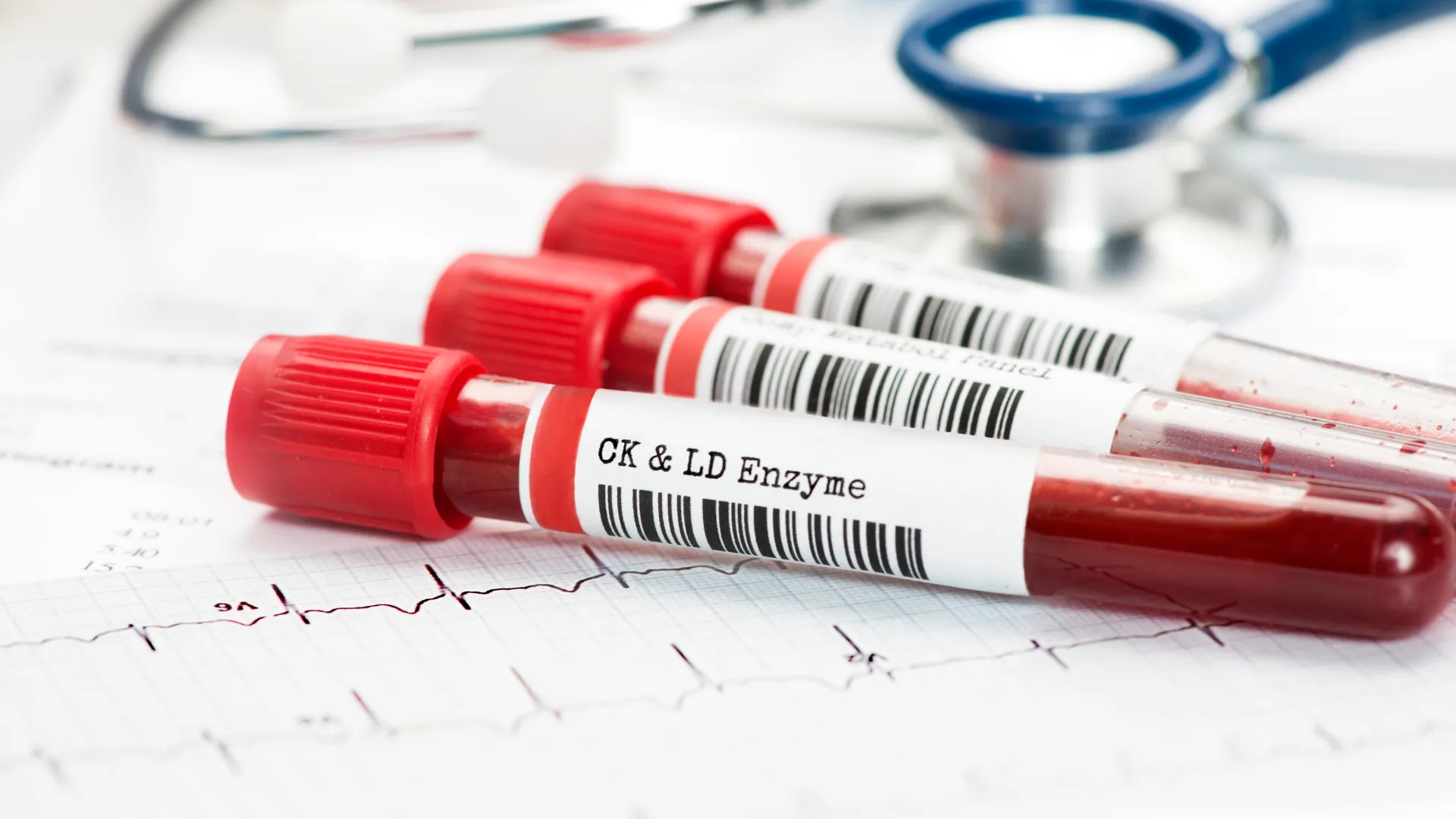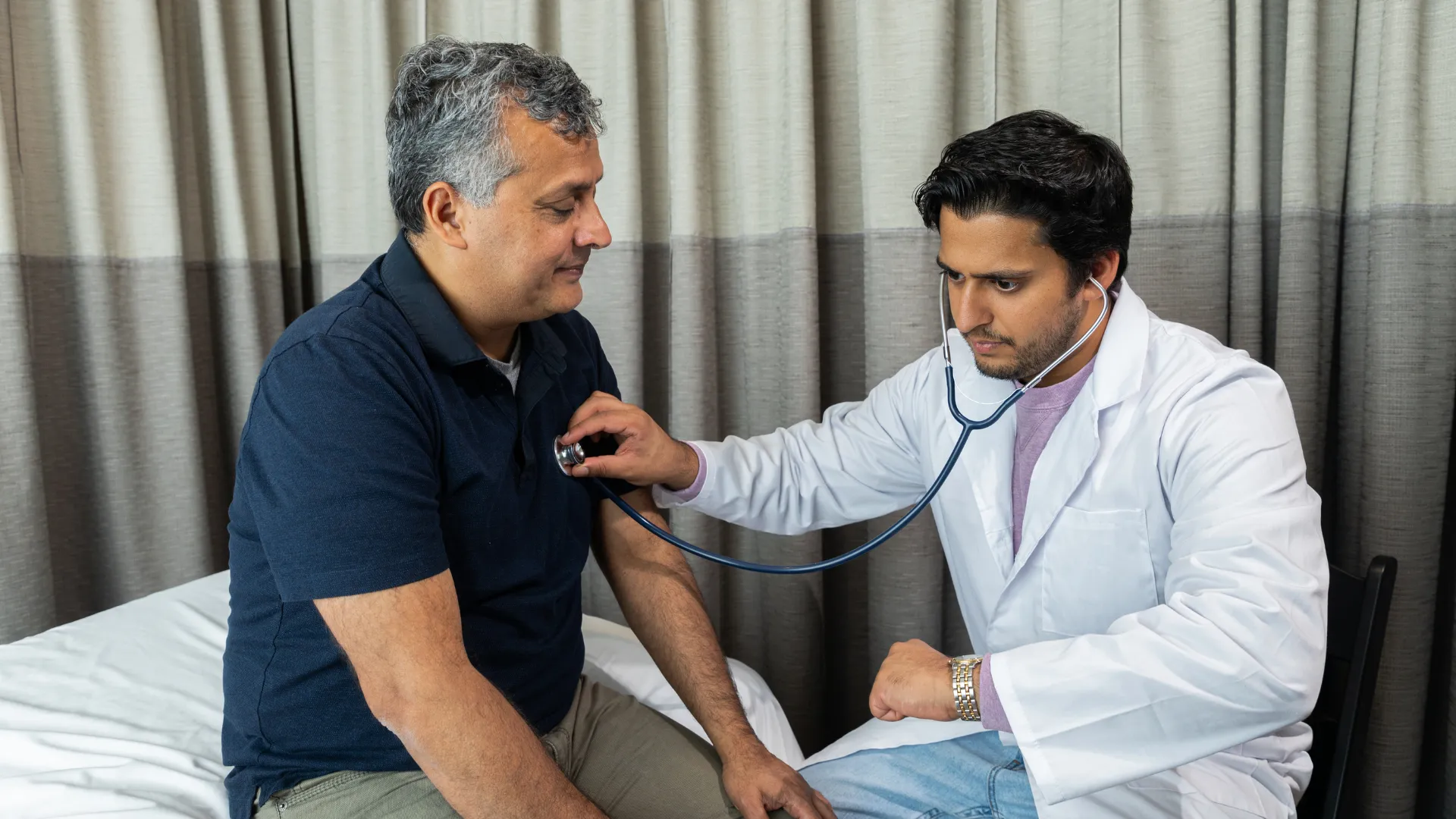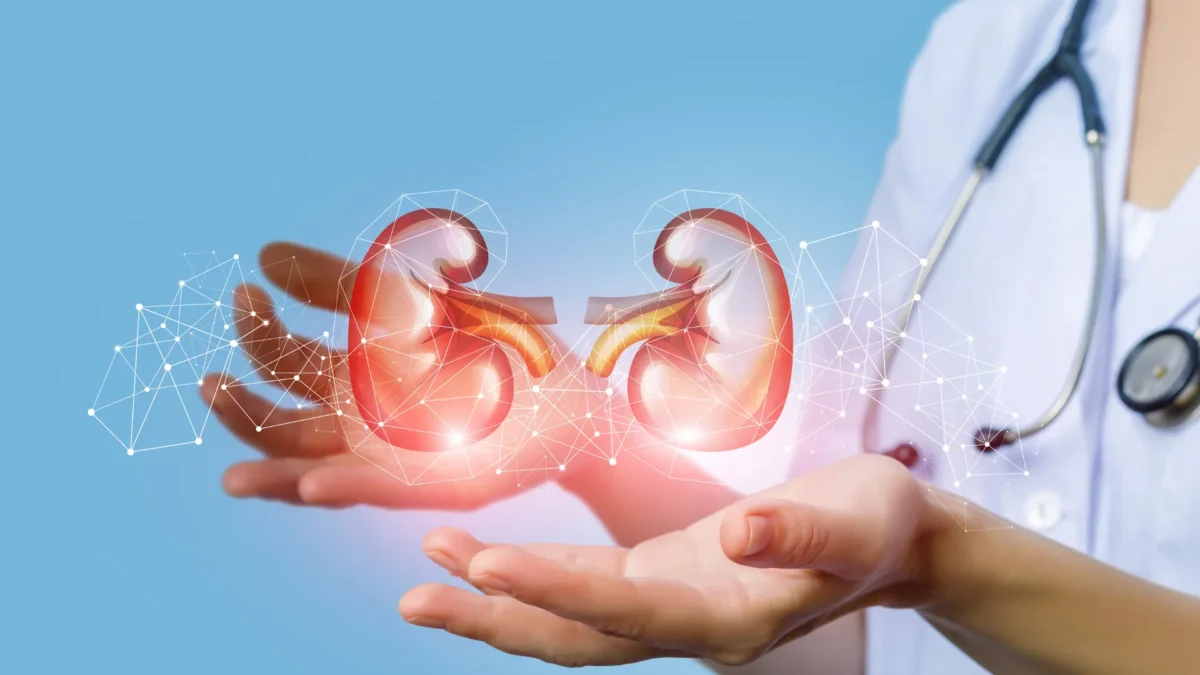Early Kidney Damage Symptoms and Prevention
Kidneys are small but powerful organs that perform vital functions in our body, such as filtering waste, balancing electrolytes, and maintaining blood pressure. Despite their importance, kidney disease often develops silently, with early signs going unnoticed until the damage becomes more severe. For people living with diabetes or high blood pressure, the risk is even higher, making early detection and prevention critical. In Coimbatore, Dr. Arun Karthik, the Best Diabetes Doctor in Coimbatore specializes in helping patients manage diabetes while protecting kidney health through early intervention, monitoring, and personalized care.
Recognizing Early Signs of Kidney Damage
The first step in preventing kidney disease is recognizing the early symptoms. Many people underestimate these signs or attribute them to other health issues. Common early indicators include:
1. Puffy Eyes
Swelling around the eyes, particularly in the morning, can indicate that the kidneys are leaking protein into the urine, a condition called proteinuria. This leakage occurs when the kidney’s filtering units, called glomeruli, are damaged. Even mild puffiness should not be ignored, especially in people with diabetes or hypertension.

2. Swollen Feet and Ankles
Another warning sign is fluid retention in the lower extremities. Swollen feet, ankles, or legs often indicate that the kidneys are struggling to remove excess fluid from the body. Persistent swelling warrants a checkup, as untreated kidney dysfunction can lead to complications like high blood pressure, heart problems, and further kidney damage.
3. Changes in Urination Patterns
Kidney dysfunction can cause noticeable changes in urination. This may include increased frequency, particularly at night, decreased urine output, foamy urine, or even blood in the urine. Foamy urine occurs due to excess protein being excreted, signaling early kidney damage.
4. Fatigue and Weakness
When the kidneys fail to filter toxins effectively, these waste products accumulate in the bloodstream. This can result in a feeling of constant fatigue or weakness, making even simple daily tasks exhausting. It’s easy to dismiss fatigue as stress or overwork, but if it persists alongside other symptoms, kidney function tests should be considered.
5. Loss of Appetite and Nausea
Accumulation of toxins in the blood may also lead to nausea, vomiting, or a decreased appetite. While these symptoms can be caused by multiple conditions, combined with swelling and urinary changes, they can point toward early kidney damage.
It’s important to note that these symptoms are subtle and may be easily overlooked. People at higher risk, including those with diabetes, high blood pressure, a family history of kidney disease, or older adults, should be proactive about regular kidney health checkups.
Diagnostic Tests to Detect Kidney Damage
Early detection is key to preventing further kidney damage. Several diagnostic tests help assess kidney function accurately:
1. Urine Tests
Urine tests check for the presence of protein (albumin), blood, or other abnormalities. Even small amounts of protein in the urine, called microalbuminuria, can indicate the initial stages of kidney damage.
2. Blood Tests
Blood tests measure urea, creatinine, and other markers to evaluate how efficiently the kidneys are filtering waste. Elevated levels of urea and creatinine indicate that the kidneys are under stress.

3. Estimated Glomerular Filtration Rate (eGFR)
eGFR is a key indicator of kidney health. It calculates the rate at which the kidneys filter blood, considering factors like creatinine levels, age, sex, and body size. A declining eGFR suggests reduced kidney function.
4. Microalbumin to Creatinine Ratio
This test measures the amount of protein excreted in urine relative to creatinine. It’s particularly useful for detecting early kidney damage in diabetic patients, often before more obvious symptoms appear.
Regular monitoring through these tests, particularly for individuals at risk, allows healthcare professionals to intervene early, slow disease progression, and prevent complications.
Preventing Kidney Damage
While early detection is critical, prevention is the most effective approach. Managing lifestyle factors, maintaining proper hydration, and controlling underlying conditions can significantly reduce the risk of kidney disease.Here’s how:
1. Manage Blood Sugar Levels
For people with diabetes, uncontrolled blood sugar is one of the leading causes of kidney disease. Keeping glucose levels within the recommended range is crucial. This may involve taking prescribed medications, monitoring blood sugar at home, and following a balanced diet. At Diacare Diabetes Specialities Centre, Dr. Arun Karthik emphasizes personalized diabetes management plans that include lifestyle modifications, medication, and regular monitoring to protect kidney function.
2. Control Blood Pressure
High blood pressure can damage blood vessels in the kidneys, reducing their ability to filter waste effectively. Regular blood pressure monitoring, dietary adjustments, and medications, such as ACE inhibitors or ARBs, can help protect the kidneys from damage.
3. Maintain a Healthy Diet
A diet rich in fruits, vegetables, and whole grains while low in sodium and processed foods supports kidney health. For some patients, moderating protein intake can reduce kidney stress. Nutrition counseling by specialists, like those at Diacare Diabetes Specialities Centre, can help create a diet plan that balances kidney health with overall wellness.
4. Stay Hydrated
Proper hydration assists the kidneys in flushing out toxins efficiently. However, hydration needs vary depending on underlying conditions, age, and lifestyle, so personalized guidance from healthcare providers is essential.
5. Exercise Regularly
Regular physical activity improves circulation, supports healthy blood pressure, and helps maintain a healthy weight—all factors that contribute to kidney health. Even moderate exercise like walking, cycling, or yoga can be beneficial.
6. Avoid Smoking and Excess Alcohol
Smoking and excessive alcohol consumption increase the risk of kidney damage and worsen existing conditions like high blood pressure and diabetes. Avoiding these habits is a crucial step in kidney disease prevention.
7. Regular Health Checkups
Early detection through regular checkups allows timely intervention. For patients with diabetes, consulting a trusted centre for Diabetes Treatment in Coimbatore can also help manage blood sugar levels effectively, lowering the risk of kidney complications.

The Role of Diacare Diabetes Specialities Centre and Dr. Arun Karthik
In Coimbatore, Dr. Arun Karthik has over 15+ years of experience as a diabetologist, specializing in managing diabetes and preventing associated complications like kidney disease. At the Diacare Diabetes Specialities Centre, patients receive comprehensive care that includes:
- Personalized diabetes management plans
- Kidney function monitoring and early intervention
- Lifestyle and diet counseling tailored to individual needs
- Regular follow-up and preventive care
The center’s approach emphasizes proactive management, helping patients maintain kidney health while effectively controlling diabetes and blood pressure. Early detection, combined with lifestyle and medical interventions, significantly reduces the risk of chronic kidney disease and improves quality of life.
Also check out our blog “How to Choose the Right Diabetes Treatment Plan for You” for more details
Conclusion
Kidney disease can silently progress, especially in individuals with diabetes or hypertension. Early recognition of symptoms such as puffy eyes, swollen feet, foamy urine, fatigue, and changes in urination patterns can make a significant difference in preventing serious complications. Diagnostic tests like urine protein analysis, blood tests, eGFR, and micro-protein to creatinine ratio are essential for monitoring kidney health and must be done annualy.
Prevention involves a holistic approach: managing blood sugar and blood pressure, maintaining a balanced diet, exercising regularly, staying hydrated, and avoiding harmful habits. If you notice early warning signs or are at risk of kidney disease, scheduling a consultation with Dr. Arun Karthik is a crucial step toward protecting your kidney health. Remember, early action can save your kidneys—and your quality of life.

